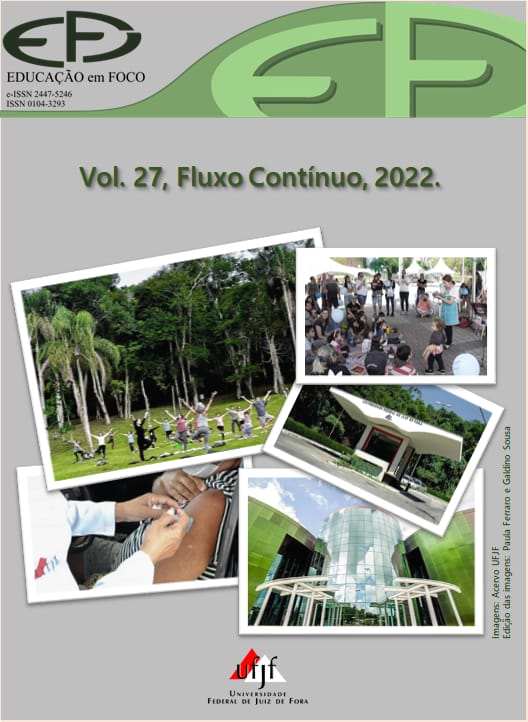THE CURRICULUM OF HUMANITIES AND SOCIAL SCIENCES IN BRAZIL IN THE CONTEXT OF THE RISE OF CONSERVATISM
DOI:
https://doi.org/10.34019/2447-5246.2022.v27.38794Abstract
The teaching of humanities and social sciences in Brazil has undergone intense transformations over time, reflecting the various democratic inflections experienced by the nation. Such transformations accelerated with the educational reforms implemented after the impeachment of Dilma Rousseff in 2016, highlighting the High School Reform in 2017 and the Brazilian Learning Standards (BNCC). In this article, I analyze the reconfigurations of the curriculum of humanities and social sciences in Brazilian high school based on the BNCC, placing them in the sociopolitical context of the rise of conservative movements, represented not only by movements such as the “School without party”, but also by the election of Jair Bolsonaro in 2018, considered as another moment of democratic inflection in Brazilian political history. It was observed how the BNCC shows the strategies used by these groups in the educational field, especially through the suppression of central categories in the debate of human and social sciences, such as gender, in addition to emptying the sociopolitical meaning of some school subjects.
Downloads
Downloads
Published
How to Cite
Issue
Section
License
Ao submeter um artigo à revista Educação em Foco e tê-lo aprovado, os autores concordam em ceder, sem remuneração, os seguintes direitos à Educação em Foco: os direitos de primeira publicação e a permissão para que Educação em Foco redistribua esse artigo e seus metadados aos serviços de indexação e referência que seus editores julguem apropriados.

















